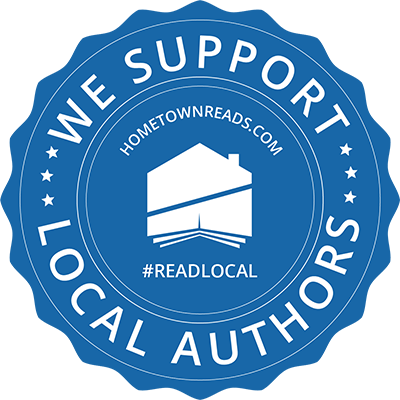Today, we’d like to welcome Bryan Thomas Schmidt to The Editing Essentials! Bryan is an author and editor of adult and children’s speculative fiction. His debut novel,The Worker Prince (2011) received an Honorable Mention on Barnes & Noble’s Book Club’s Year’s Best SF releases in 2011. A sequel The Returning followed in 2012. The Exodus will appear in 2013, completing the Saga Of Davi Rhii. His first children’s books are 102 More Hilarious Dinosaur Books For Kids and Abraham Lincoln: Dinosaur Hunter- Land Of Legends. His short stories have appeared in magazines, anthologies and online. He has also edited the anthology Space Battles: Full Throttle Space Tales #6. He hosts #sffwrtcht (Science Fiction & Fantasy Writer’s Chat) Wednesdays at 9 pm ET on Twitter and is an affiliate member of the SFWA. Visit his website at: http://bryanthomasschmidt.net/
Making the transition from writing adult novels to children’s books can be challenging. There are both advantages and disadvantages to be considered. Vocabulary, plotting, descriptions, dialogue–so many aspects must be simpler, depending on the age group targeted for the book. But children are the most enthusiastic audiences (usually), much more so than adults. Their eyes light up when you’re introduced as an author and when you read to them. They look at the silliest illustrations with utter seriousness and laugh at the jokes with gusto, even when they’re mildly amusing ones. Here are some of the considerations authors have to consider in making the switch.
Advantages: Enthusiastic, eager readers and parents used to buying lots of entertainment for their kids at all kinds of prices. If your book has educational or historical elements, all the better. Then they feel even better about buying it. And if readers fall in love with you young, they may grow up and follow you from kid’s books to adult books. So, in a way, you’re helping raise your long term audience.
Children’s books are shorter and illustrated so it’s fun to see your story come to life in visual ways, and you can also write more books in less time. The advances are often larger than those for novels, depending on the writer, reputation and how much they like the plot or series. The market for children’s books is good.
But the biggest advantage for me has been creative freedom. Suspension of disbelief is a lot easier for kids than adults. You can posit many things to kids that they’ll accept which adults would demand more evidence of. For example, in my Abraham Lincoln: Dinosaur Hunter series, 9 year old Abe and Davy Crockett are sent back in time with two others by accident. Coming up with complex time travel theory was unnecessary. Being accurate with which dinosaurs and plants lived in which geography and proximity was not so important. As long as the names and basic facts match science and history, you can provide education and entertainment at the same time while having a lot of fun writing it. These books are some of the funnest stories I’ve gotten to write. I mean, how often do you get to write scenes with Abe Lincoln narrating Davy Crockett wrestling a saber-toothed tiger and fighting off bears and T-Rexes? As Mike Resnick put it, “Not often enough.” It’s a blast!
Disadvantages: Kids learn fast but appropriate vocabulary and sentence structures/length are a concern. The general rule is to not have sentences with more than two more words than the age of the oldest child in the age range of the intended audience. Writers and publishers fudge this though, because so many kids vary in their development cycle. A second grader can be reading at a sixth grade level and will want more complicated books and so on. This makes it easier for the writer on vocabulary, but harder on audience pitch because sometimes two friends whose reading is not at the same level can’t share books like they might want to. Disappointing children and parents is always disappointing, especially when you did your best.
A similar issue is dealing with description and nuances. Kids at different intellectual levels but the same age will understand things differently. Keep it too straight and simple, you bore the more developed children. Go the opposite way, you lose the less developed ones. On top of that, some kids handle violence and intense content better than others. So you have to write in a way that lets them off the hook in the right amount of time to avoid creating trauma or unnecessary fear for your readers. This often means altering your writing style in other ways. Also, schools and parents will evaluate content for a book based on varied criteria. So you have to leave out grittier elements which adults may take for granted and be very meticulous in choosing words and phrases, etc.
In truth, writing children’s books helps me write more clearly for adults. It also allows me to think and play outside the box, which keeps me fresh and happy and energized when I dive back into my novels. Plus, I have yet to see many adult reader’s faces light up the same way kid reader’s faces do when I show up for a reading or signing. And the hugs, well, they’re better than chocolate (or close). Writing for kid’s has taken me back to the age of wonder I had as a creative child, making up stories. It’s given me a chance to revisit old favorite authors and books. And it’s also encouraged me to write the kinds of stories I never would have dared otherwise. All in all, not such a bad thing, when you’re a writer.
Thank you, Bryan, for being here today and giving us great tips on writing for children! Please feel free to ask Bryan questions today. Thank you!


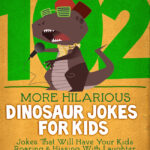



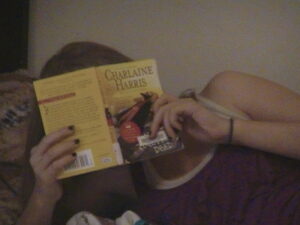

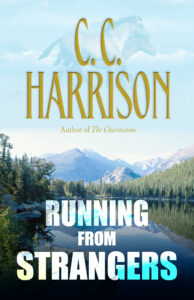
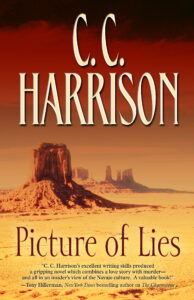
 Many mystery writers look for unusual backgrounds and quirky occupations for their protagonists to set themselves apart from others in the crowded field of cozy mysteries. I understand completely. If you’re not writing police procedurals or thrillers filled with spies, government types, or special agents, it’s hard to make one’s protagonist stand out from the crowd. However, I take a different tack. I prefer to write about everyday women, working in an ordinary job or retired, who happen to stumble upon a dead body and feel compelled to track down the killer. I feel the reader can identify with her because they have everything in common. She is not an expert in ancient languages or a famous chef or a biker. She is the woman next door, or in your book club. All of my protagonists are women of baby boomer age, some retired, some not. All are middle-class average housewives or office workers who stumble onto crimes that shock and appall them and are driven to find the perpetrator. Even though they have little knowledge of police procedure or access to crime labs and specialists, they manage to find the guilty party through passion, hard work, and determination.
Many mystery writers look for unusual backgrounds and quirky occupations for their protagonists to set themselves apart from others in the crowded field of cozy mysteries. I understand completely. If you’re not writing police procedurals or thrillers filled with spies, government types, or special agents, it’s hard to make one’s protagonist stand out from the crowd. However, I take a different tack. I prefer to write about everyday women, working in an ordinary job or retired, who happen to stumble upon a dead body and feel compelled to track down the killer. I feel the reader can identify with her because they have everything in common. She is not an expert in ancient languages or a famous chef or a biker. She is the woman next door, or in your book club. All of my protagonists are women of baby boomer age, some retired, some not. All are middle-class average housewives or office workers who stumble onto crimes that shock and appall them and are driven to find the perpetrator. Even though they have little knowledge of police procedure or access to crime labs and specialists, they manage to find the guilty party through passion, hard work, and determination.






